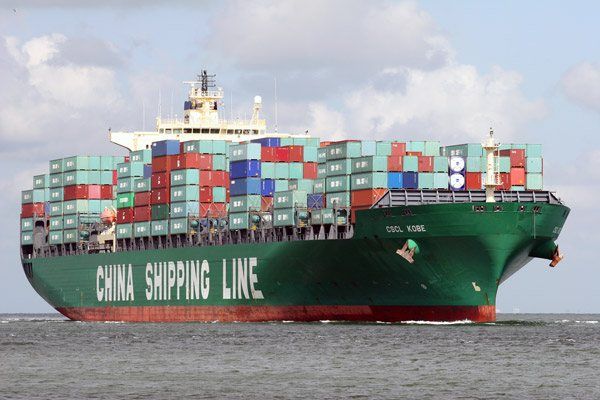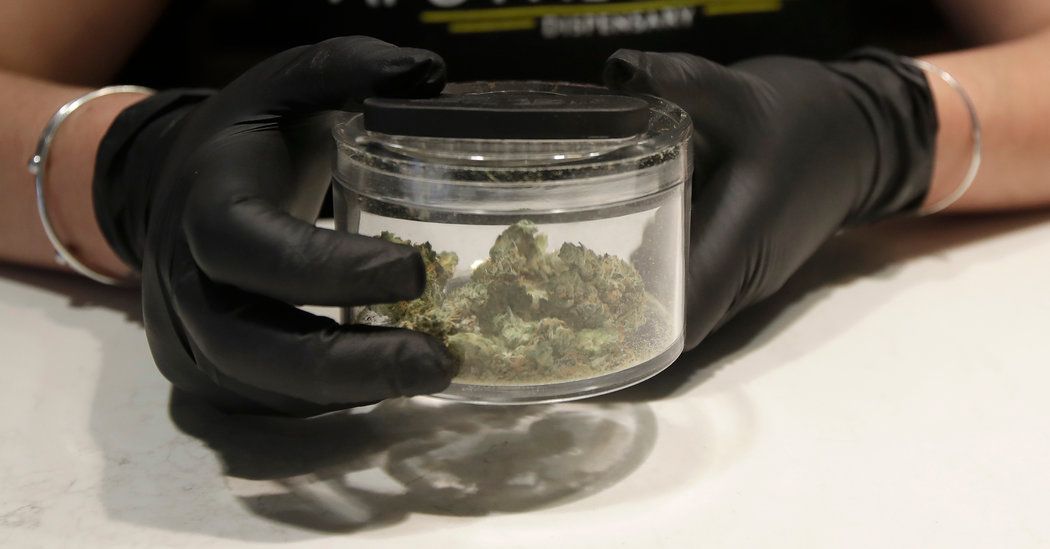American Bar Association Passes Marijuana Resolutions
The American Bar Association (ABA), which was founded in 1878 a voluntary bar association of lawyers and law students, has approved two marijuana-related resolutions during its mid-year meeting.
Specifically, according to the Marijuana Moment, the group’s House of Delegates voted in favor of a proposal endorsing pending federal legislation to protect banks that provide services to state-legal marijuana businesses, as well as a proposal calling for a clarification of rules to ensure that lawyers will not be penalized for representing clients in cases concerning state-legal marijuana activity.
According to the banking resolution, the group “urges Congress to enact legislation to clarify and ensure that it shall not constitute a federal crime for banking and financial institutions to provide services to businesses and individuals, including attorneys, who receive compensation from the sale of state-legalized cannabis or who provide services to cannabis-related legitimate business acting in accordance with state, territorial, and tribal laws.”
The groups adds: “such legislation should clarify that the proceeds from a transaction involving activities of a legitimate cannabis-related business or service provider shall not be considered proceeds from an unlawful activity solely because the transaction involves proceeds from a legitimate cannabis-related business or service provider, or because the transaction involves proceeds from legitimate cannabis-related activities.”
A bill that would do just that was approved by the House of Representatives last year, but it’s currently stalled in the Senate.
“Passage of the [Secure and Fair Enforcement] Banking Act or similar legislation will provide security for lawyers and firms acting to advise companies in the industry against having their accounts closed or deposits seized,” a report attached to the ABA resolution states. “This will also foster the rule of law by ensuring that those working in the state-legalized legitimate cannabis industry can seek counsel and help prevent money laundering and other crimes associated with off-the-books cash transactions.”
“Currently, the threat of criminal prosecution prevents most depository institutions from banking clients, including lawyers, who are in the stream of commerce of state-legalized marijuana. This Resolution is necessary to clarify that such provision of legal and other services in compliance with state law should not constitute unlawful activity pursuant to federal law.”
The second marijuana-related resolution ABA adopted on Monday asks Congress to allow attorneys to serve clients in cannabis cases without facing federal punishment.
The Marijuana Moment notes that text of the measure states that the association “urges Congress to enact legislation to clarify and explicitly ensure that it does not constitute a violation of federal law for lawyers, acting in accord with state, territorial, and tribal ethical rules on lawyers’ professional conduct, to provide legal advice and services to clients regarding matters involving marijuana-related activities that are in compliance with state, territorial, and tribal law.”
The American Bar Association (ABA), which was founded in 1878 a voluntary bar association of lawyers and law students, has approved two marijuana-related resolutions during its mid-year meeting.
Specifically, according to the Marijuana Moment, the group’s House of Delegates voted in favor of a proposal endorsing pending federal legislation to protect banks that provide services to state-legal marijuana businesses, as well as a proposal calling for a clarification of rules to ensure that lawyers will not be penalized for representing clients in cases concerning state-legal marijuana activity.
According to the banking resolution, the group “urges Congress to enact legislation to clarify and ensure that it shall not constitute a federal crime for banking and financial institutions to provide services to businesses and individuals, including attorneys, who receive compensation from the sale of state-legalized cannabis or who provide services to cannabis-related legitimate business acting in accordance with state, territorial, and tribal laws.”
The groups adds: “such legislation should clarify that the proceeds from a transaction involving activities of a legitimate cannabis-related business or service provider shall not be considered proceeds from an unlawful activity solely because the transaction involves proceeds from a legitimate cannabis-related business or service provider, or because the transaction involves proceeds from legitimate cannabis-related activities.”
A bill that would do just that was approved by the House of Representatives last year, but it’s currently stalled in the Senate.
“Passage of the [Secure and Fair Enforcement] Banking Act or similar legislation will provide security for lawyers and firms acting to advise companies in the industry against having their accounts closed or deposits seized,” a report attached to the ABA resolution states. “This will also foster the rule of law by ensuring that those working in the state-legalized legitimate cannabis industry can seek counsel and help prevent money laundering and other crimes associated with off-the-books cash transactions.”
“Currently, the threat of criminal prosecution prevents most depository institutions from banking clients, including lawyers, who are in the stream of commerce of state-legalized marijuana. This Resolution is necessary to clarify that such provision of legal and other services in compliance with state law should not constitute unlawful activity pursuant to federal law.”
The second marijuana-related resolution ABA adopted on Monday asks Congress to allow attorneys to serve clients in cannabis cases without facing federal punishment.
The Marijuana Moment notes that text of the measure states that the association “urges Congress to enact legislation to clarify and explicitly ensure that it does not constitute a violation of federal law for lawyers, acting in accord with state, territorial, and tribal ethical rules on lawyers’ professional conduct, to provide legal advice and services to clients regarding matters involving marijuana-related activities that are in compliance with state, territorial, and tribal law.”



